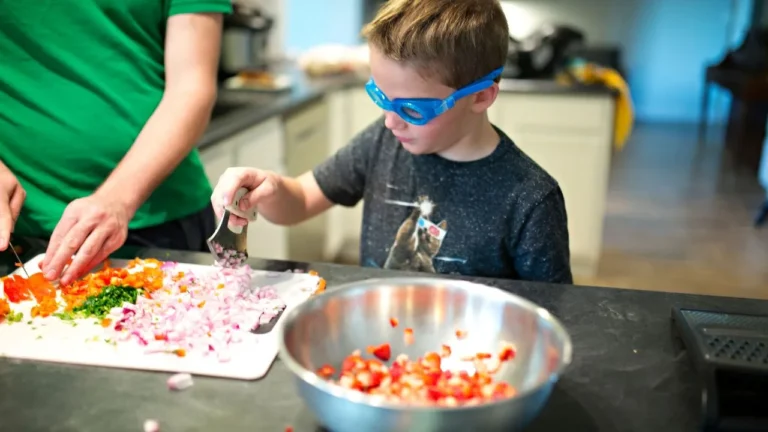Teach Your Child About Consent: A Complete Parent’s Guide

Teaching children about consent is a critical part of their education and healthy development. Consent refers to giving permission for something to happen or agreeing to do something. It applies to many aspects of life, including physical touch, sharing belongings, and sexual activity.
When you teach your child about consent from an early age, you empower them with the knowledge and skills to stay safe and build healthy relationships throughout their lives. This in-depth article guides how to approach consent conversations at different developmental stages.
Why Consent Matters
There are several important reasons why teaching consent to kids is so vital:
Consent talks should be an ongoing, age-appropriate conversation, not just one “big talk.” The key is starting early and reinforcing concepts consistently.

How to Teach Consent by Age
Here are some tailored tips on teaching consent to children at different stages of development:
Preschoolers (Ages 3-5)
For preschoolers, focus on:
Use everyday situations like sharing toys or giving hugs as natural learning opportunities. Read simple picture books about consent that use relatable examples. Avoid overwhelming young kids with complex information about sex.
Elementary Age (Ages 5-10)
With elementary-age kids, expand conversations to cover:
Use role plays to practice consent scenarios like setting boundaries with friends. Explain how the concept of consent applies to play and friendships, not just sex.
Pre-Teens and Teens (Ages 10-18)
For pre-teens and teens, address more advanced topics like:
Have open discussions about sex, relationships, and intimacy. Be prepared to talk about issues like sexting and porn. Explain consent laws regarding sexual activity, sexual assault, and perpetrators.
5 Key Steps To Teach Your Child About Consent
Here are 5 essential steps to guide age-appropriate consent conversations:
1. Establish Boundaries
Teach your child to set their boundaries and respect others’ limits. Use examples relevant to their age and experiences.
2. Introduce Consent Vocabulary
Teach phrases like “Can I…?”, “I don’t want…”, and “Please ask first before…”
3. Explain Nonverbal Cues
Kids need to understand silence or no response doesn’t mean yes. Look at body language.
4. Encourage Asking for Permission
Remind kids to get a clear yes before touching someone or taking something.
5. Use Real-Life Examples
Reinforce concepts through everyday situations and current events.
The Role of Parents
As parents and caregivers, we play a pivotal role in shaping our kids’ understanding of consent. Here’s how to talk to your child and promote healthy attitudes:
Though it may feel uncomfortable at first, these discussions empower kids for life.
Teaching Consent by Age
Let’s explore how to tailor consent education to different age groups:
Preschoolers
With preschoolers, start by teaching consent through simple everyday situations. For example:
Use children’s books and videos to reinforce the idea of asking first before touching others’ bodies or belongings. Keep messages positive and avoid shaming behaviors.
Elementary Age Kids
For elementary-age kids, consent talks can cover:
Use real-life examples to get kids thinking. Ask questions like “How would you feel if someone kept hugging you and wouldn’t stop?”
Pre-Teens and Teens
Discussions with pre-teens and teens should include:
Keep the door open for ongoing talks. Check in regularly and ask if they have any questions. Let them know they can always come to you.

Reinforcing Consent Concepts
Here are some ways to reinforce key consent concepts with children of any age:
Conclusion
Teaching consent is an ongoing journey as kids grow and develop. The key is reinforcing respect, autonomy, and healthy communication early and consistently. Though every child matures on their timeline, parents play an invaluable role in shaping their understanding of this crucial topic.
With age-appropriate information and an open, trusting environment, we can raise kids to navigate relationships and intimacy safely, respectfully, and confidently. Consent talks empower children to protect themselves, think critically, and make smart choices. Let’s normalize this dialogue starting today.






